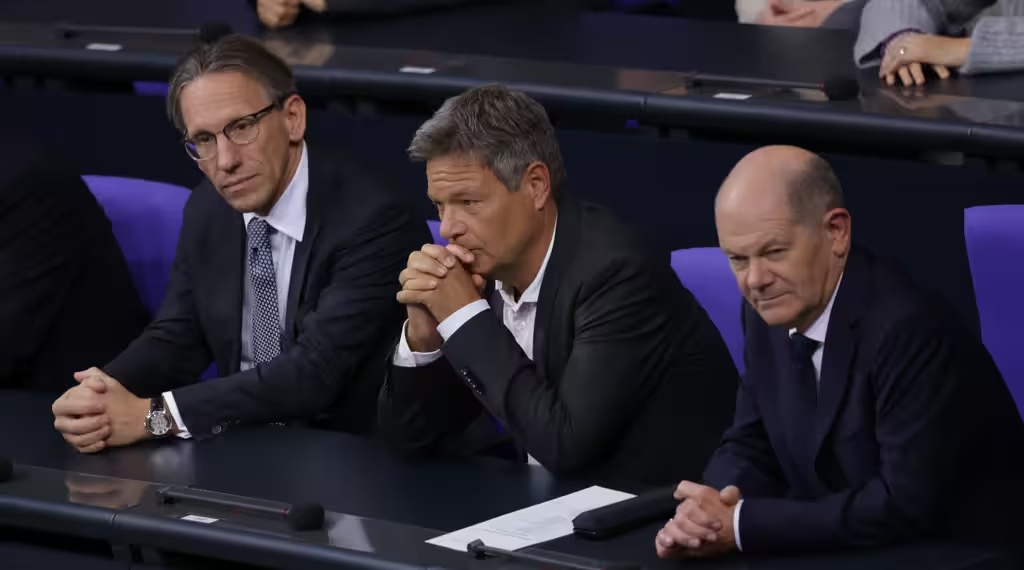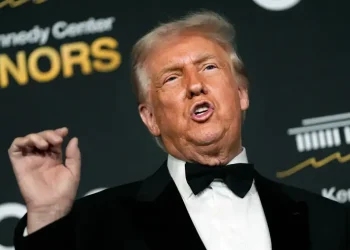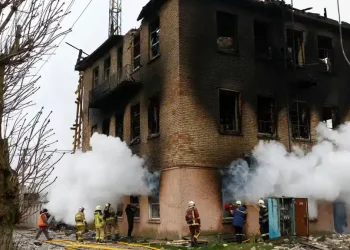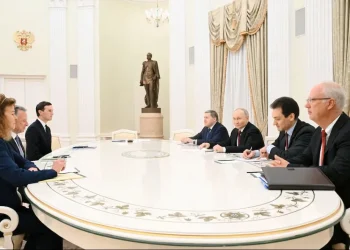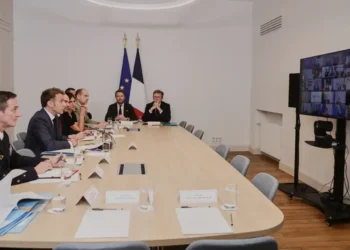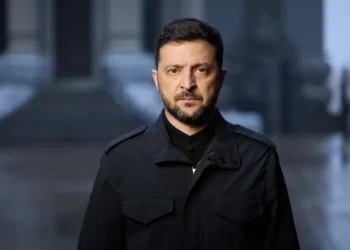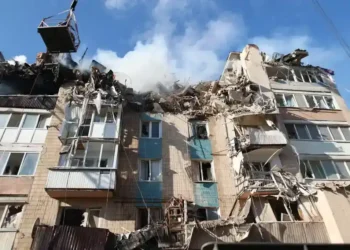Germany’s Snap Election: What’s Next?
BERLIN — While global attention was focused on the recent U.S. presidential election, Germany witnessed a dramatic political shake-up: the collapse of its ruling coalition. Hours after the U.S. election results were confirmed, Chancellor Olaf Scholz publicly declared the end of his fragile three-party alliance, sparking the countdown to a German snap election. Although the exact date isn’t set, it’s expected to occur within the coming months.
Here’s a breakdown of what led to the coalition’s collapse and what to expect moving forward.
Why Did the Coalition Fall Apart?
Germany’s ruling coalition was a tenuous blend of three parties with conflicting ideologies: the Social Democratic Party (SPD) and the Greens, who advocate for a robust social safety net and green investment, and the fiscally conservative Free Democratic Party (FDP), which favors limited government and restrained spending.
So, why were they working together? The answer lies in Germany’s increasingly fragmented political landscape, which has made traditional two-party coalitions challenging to form. This shift is largely due to the rise of smaller parties, including the far-right Alternative for Germany (AfD), which now holds second place in national polls, and the populist-left Alliance Sarah Wagenknecht (BSW). As a result, multi-party coalitions may become the norm despite their inherent volatility.
The coalition’s unraveling began last year with a ruling from Germany’s top court. The court outlawed a budgeting workaround the coalition used to bypass the country’s “debt brake” law. Relying on special funds outside the main budget, the workaround was deemed unconstitutional, leaving a €60 billion gap in federal finances. Without the funds needed to bridge ideological divides, the coalition faced mounting pressure from within and low approval ratings. The FDP’s leader, Christian Lindner, repeatedly threatened to pull out, but Scholz preempted him by dismissing Lindner from his cabinet, leading to the FDP’s exit.
Could an Election Happen Quickly?
Germany’s election logistics may complicate matters. Although there is political support for an early vote, Germany’s federal body overseeing elections warned that organizing a vote in early 2025 would present “incalculable risks,” citing potential shortages in paper and printing resources.
What’s Likely to Happen Next?
Current polls suggest that Friedrich Merz’s Christian Democratic Union (CDU) and its Bavarian sister party, the Christian Social Union (CSU), are the frontrunners, with 32% support. They’re likely to lead the next coalition. However, Scholz’s SPD, polling at 16%, trails behind the CDU and the AfD. Given that the CDU has ruled out forming a federal coalition with the AfD, it may once again partner with the SPD or a third party.
The SPD could be under new leadership by then, and if polling trends hold, they may require additional partners to govern effectively. The Greens, polling at around 10%, and the FDP, polling at 4% (below the parliamentary threshold), remain potential coalition candidates, although their ideological differences with the CDU could create tensions.
Why Does This Matter?
Germany’s political uncertainty comes amid escalating global tensions. As leaders debate the timing of a confidence vote, Russia and North Korea appear to be preparing for joint maneuvers against Ukrainian forces. Meanwhile, Russian troops are reportedly making progress along other Ukrainian front lines.
In short, Germany’s political direction and stability are of paramount importance, both domestically and internationally, as it navigates these challenging times.
This article was rewritten by JournosNews.com based on verified reporting from trusted sources. The content has been independently reviewed, fact-checked, and edited for accuracy, neutrality, tone, and global readability in accordance with Google News and AdSense standards.
All opinions, quotes, or statements from contributors, experts, or sourced organizations do not necessarily reflect the views of JournosNews.com. JournosNews.com maintains full editorial independence from any external funders, sponsors, or organizations.
Stay informed with JournosNews.com — your trusted source for verified global reporting and in-depth analysis. Follow us on Google News, BlueSky, and X for real-time updates.
